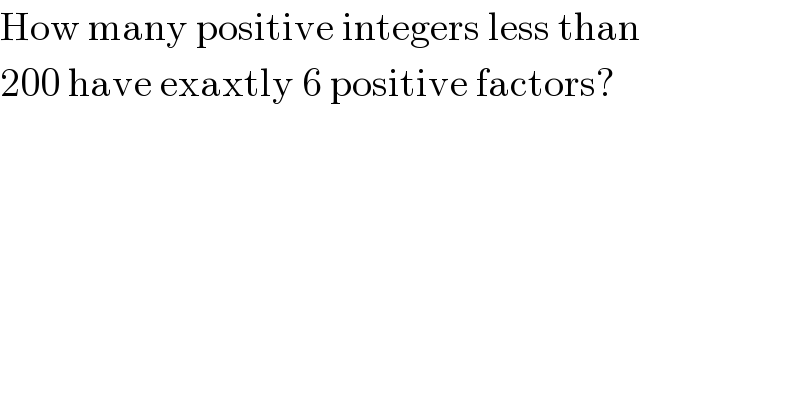
Question and Answers Forum
Question Number 125080 by ZiYangLee last updated on 08/Dec/20

Answered by mr W last updated on 08/Dec/20

Commented by mr W last updated on 08/Dec/20

| ||
Question and Answers Forum | ||
Question Number 125080 by ZiYangLee last updated on 08/Dec/20 | ||
 | ||
Answered by mr W last updated on 08/Dec/20 | ||
 | ||
| ||
Commented by mr W last updated on 08/Dec/20 | ||
 | ||